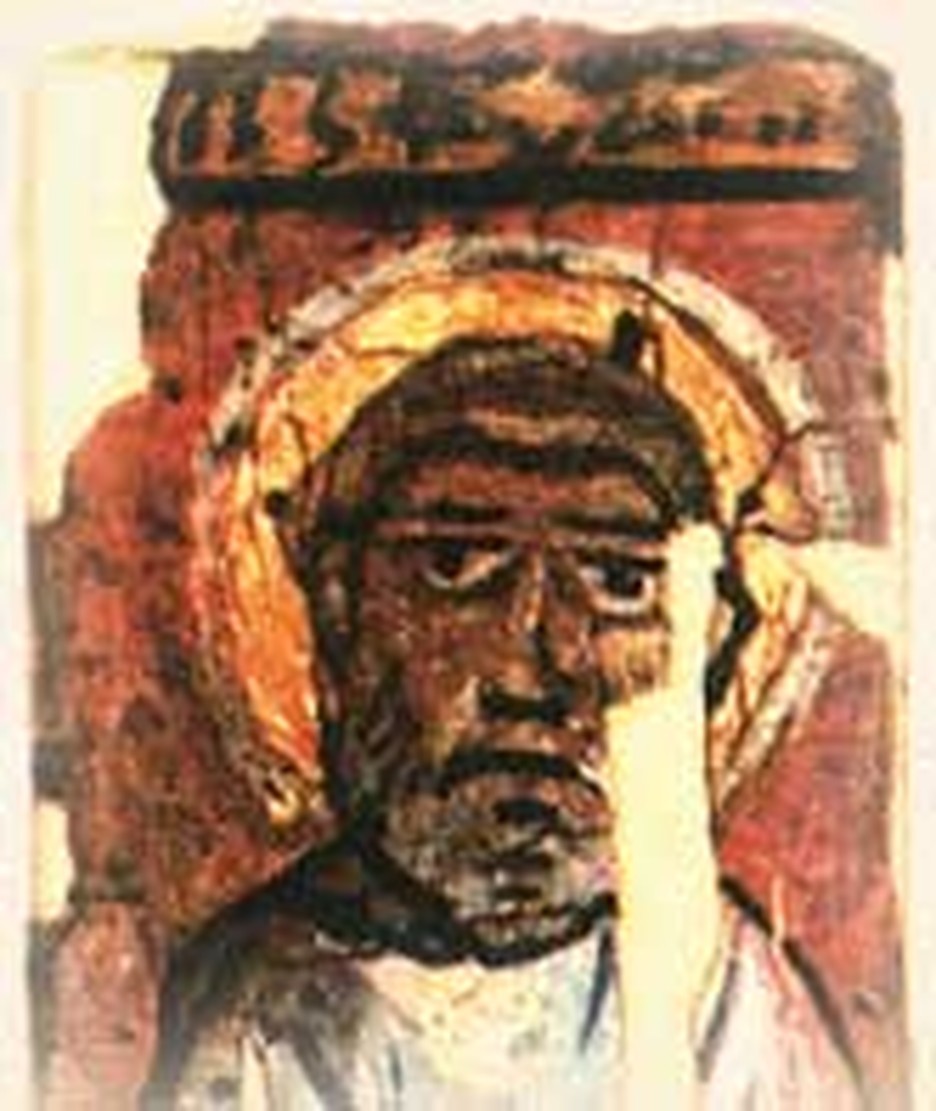
The Copts have a long and ancient Christian heritage. Of Egyptian stock, their very name is from an Arabic word derived from the Greek word meaning Egyptian. They became Christians in the time of the apostles. Many credit Mark, writer of the Gospel that bears his name, as the one who first brought the Christian faith to Egypt. During the monophysite controversies of the 5th century, they rejected the ruling of the Council of Chalcedon about the two natures of Christ and adopted a belief that has long been referred to as monophysitism (but should be called miaphysitism*)--the belief that Christ has only one nature, a merging of the human and divine. By choosing to follow an interpretation seemingly contrary to Chalcedon, the Copts distanced themselves from the rest of the church.
After the Islamic conquest of Egypt, the Copts clung stubbornly to their faith. With a long tradition of martyrdom behind them already, and they were not about to yield in spiritual matters to Islam. Even their calendar dates from August, AD 294 in the days of their martyrs. In the 20th century Coptic faith cost them a great deal. Despite the Qu'ran's high estimation of Christ, his followers were too often hated.
When Egypt threw off British rule under Nasser, Copts were persecuted by Islamic fundamentalists. They were publicly humiliated and discriminated against when they sought jobs. Their brave role in winning independence was written out of the textbooks.
Anwar Sadat tried to soften Islamic antipathy to the Copts. As late as 1977 he participated in a Coptic wedding. This only raised fundamentalist ire against the Copts and Sadat. Throughout the 1970s, Muslims broke into Coptic churches or set them on fire. When Coptic priests protested, they were jailed. The property of Coptic Christians was vandalized and looted.
In 1976 the Copts formed an organization to protest against persecution. Pope (meaning Father) Shenouda III, the Coptic Patriarch, was an active member. The Islamic majority saw this as subversive, thinking wrongly that the Copts were discussing ways to form their own nation. Muslims murdered the families of Copt priests and bombed a Coptic seminary. But when the Copts responded by advertising their plight in American newspapers an infuriated Sadat vowed to punish Shenouda. The Egyptian media began to attribute Egyptian problems to the Christians.
The crisis came when Muslims seized a Copt's land to build a mosque. The Copt fired his rifle in self-defense and a three day war between local Copts and Muslims resulted. The fact that Copts had guns was said by the Muslims to prove they intended to revolt. Muslims retaliated by burning Christians to death in homes and flinging babies out of upper windows.
Sadat jailed a few of the Muslim ringleaders but soon released them. Shenouda protested. In retaliation, on this day, September 5, 1981, Sadat exiled him to a monastery in Western Egypt. Sadat's act did not appease the Islamic fundamentalists who were still furious at his peace talks with Israel and his secularist approach to government. On October 6 they assassinated him.
—————————— ;————
*Copts prefer that their position be known as miaphysitism. "Monophysite" suggests that Christ has only one nature: the divine. "Miaphysites" state that his nature, while one, is a composite of both the human and divine.
Bibliography
- Israeli, Raphael. Man of Defiance; a Political Biography of Anwar Sadat. Totowa, N.J. : Barnes & Noble Books, 1985.
- Lefebure, Leo D. "Christology from 'Below'." (www.religion-online.org/cgi-bin/relsearchd.dll/showarticle?item_id=882)
- Gross, Ernie. This Day in Religion. New York, New York: Neal-Schuman Publishers, 1990.
- Mileham, Geoffrey S. Churches in Lower Nubia. Philadelphia: University Museum, 1910. Source of the image.
- Wright, Lawrence. The Looming Tower; Al-Qaeda dn the Road to 9/11. New York: Alfred A. Knopf, 2006.
- Various encyclopedia, magazine, and internet articles on miaphysitism, Shenouda, Sadat and the Copts.
Last updated April, 2007.


